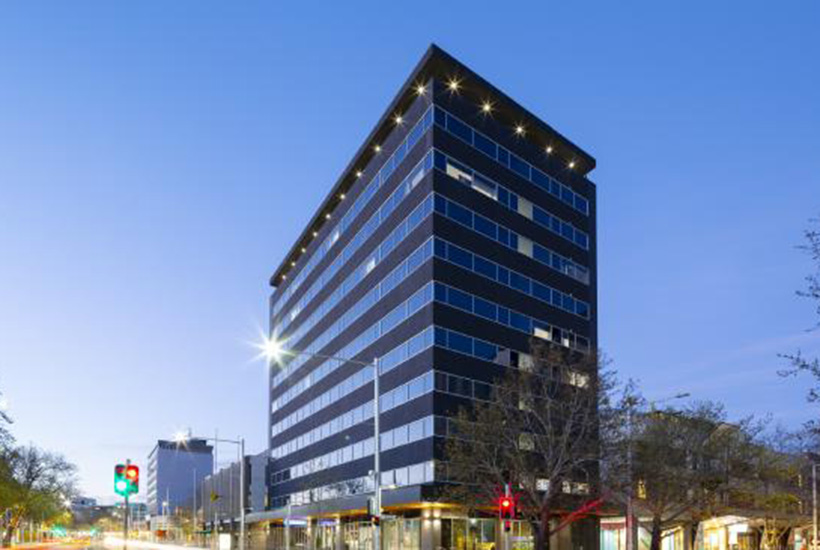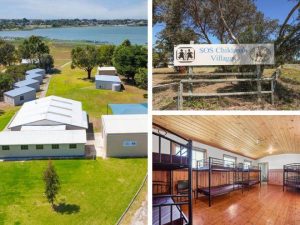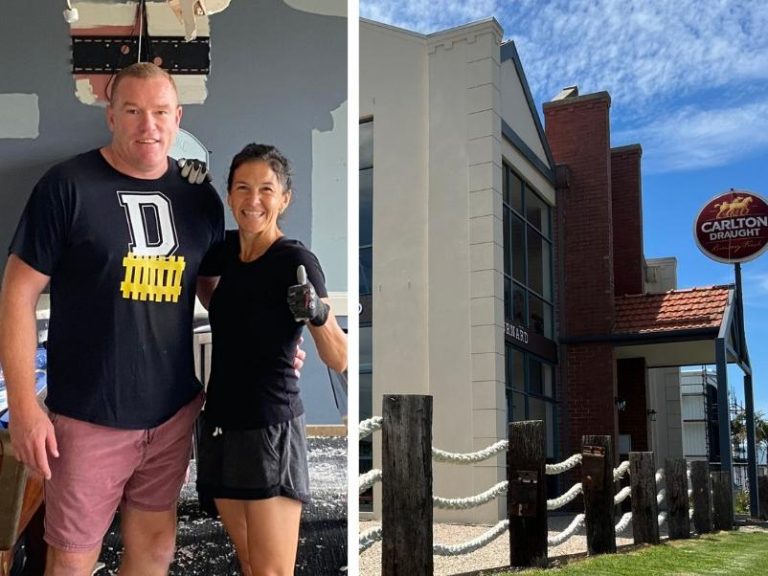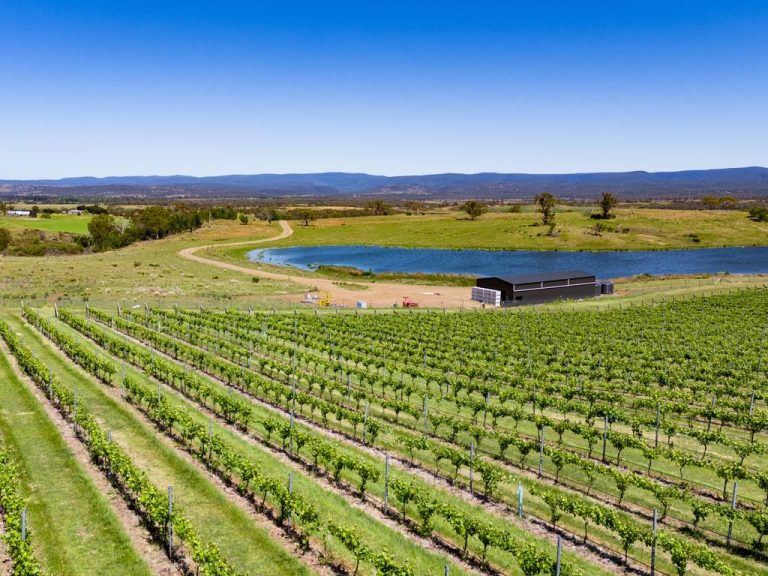Heavy hotel room discounts on the way

Corporate Australia can expect deeply discounted hotel rates and strict airline hygiene protocols in the post-COVID-19 environment, while executives will demand private car transfers over public transport or ride sharing.
“There will be an arms race by hoteliers to get market share as people come back to staying in hotels,” Corporate Travel Management managing director Jamie Pherous said on Tuesday.
“There will be hotel loyalty discounts, which is a characteristic with a short-term drop in demand, we saw that with swine flu and SARS.”
Pherous also predicts executives from middle management and above will demand private car transfers and would baulk at using ride sharing or public transport options post coronavirus, citing safety reasons.
Just how much the nation’s travel sector has been impacted by COVID-19 came to light on Tuesday, with the Australian Bureau of Statistics reporting a 60 per cent drop in international arrivals in March compared with the previous year.
“In March 2020, there were 331,900 visitors who had arrived for a short-term trip compared to 836,300 12 months earlier,” ABS Director of Migration Statistics Jenny Dobak says.
“The steep fall in visitor arrivals to Australia in March was from all regions around the world. Even our largest source country, New Zealand, recorded a 56% drop.”
Of Australia’s largest source countries, China recorded the largest decrease of 78%, followed closely by Japan with a decrease of 75%.
Releasing an exclusive survey of Corporate Travel Management’s top 500 global customers, Pherous says he is surprised that just 14% of his corporate clients believed business travel management and policies would change post COVID-19.

Corporate Travel Management CEO Jamie Pherous. Picture: Liam Kidston
“The leisure travel sector might be more nervous, but corporates don’t think it will change much,” he says.
The most common permanent changes are believed to include implementing additional travel approval measures and specific measures for pandemics, he says.
The survey also found that 78 per cent of corporate travel customers globally believe that travel restrictions imposed in response to COVID-19 have had a negative impact on business growth, supporting the key role travel will play in economic recovery.
In Australia and New Zealand the impact was felt even harder, with 90% of respondents experiencing a negative impact on business growth as a result of government enforced travel bans.
The survey found that travel restrictions have led to project delays and impacted new business development, relationship building and training for customers and employees.
“These trends all need to be reversed for business to recover, and our customers are telling us they are keen to return to business travel as long as they are confident their people are safe,” Pherous says.
He says that with travel restrictions expected to ease over the coming months, CTM was integrating additional airline data into its online booking tools.
“The data we are integrating into our point of sale tools provides travel bookers with crucial airline information relating to hygiene and cleanliness, health screening, passenger and crew wellbeing and flexible conditions for the services they are booking, at the time of booking, to ensure travellers feel confident that they are safe to travel,” he says.
He urges the business world to stop focusing on the JobKeeper allowance but instead focus on returning to work.
“I would much rather have my revenue at north of 50% of where it was pre COVID-19 than receive the JobKeeper allowance,” he says.
This article originally appeared on www.theaustralian.com.au/property.







